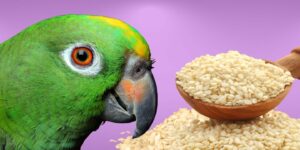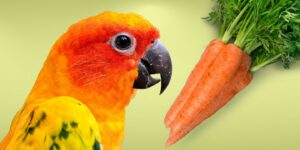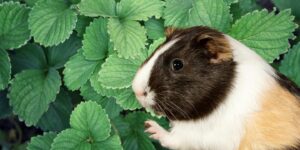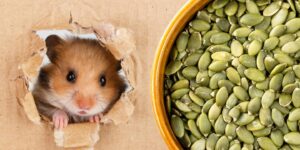Can dogs eat snow? This is a common question among pet owners, especially during the winter months. Dogs may be attracted to snow for various reasons, such as its unique texture, temperature, or simply to quench their thirst. In this comprehensive guide, we will explore why dogs eat snow, the potential hazards of eating snow, tips for managing your dog's snow consumption, and safe alternatives for hydration and play.
Why Do Dogs Eat Snow?
Natural Instincts
Dogs have natural instincts that may lead them to eat snow as a source of hydration. For some dogs, the unique texture and temperature of snow may seem more appealing than drinking water, especially when outdoors during the cold months.
Boredom and Playfulness
Some dogs may eat snow out of boredom or playfulness. The snow provides an opportunity for dogs to engage with their environment in a new and exciting way. Eating snow can be a form of entertainment for dogs during the winter months when their usual outdoor activities are limited.
Nutritional Needs
Although snow is not a primary source of nutrition, it can provide some hydration in small amounts. Nevertheless, it's important to note that snow should not be the primary source of hydration for your canine companion.
Potential Hazards of Eating Snow
Contaminated Snow
One of the primary concerns with dogs eating snow is the risk of consuming contaminated snow. Common contaminants found in snow include antifreeze, salt, and other chemicals that can be harmful to your dog's health.
Hypothermia and Cold-Weather Health Risks
Consuming large amounts of snow can also lead to hypothermia and other cold-weather health issues. As your dog's body temperature drops due to ingesting the cold substance, their system struggles to maintain the necessary warmth, which can result in hypothermia.
Upset Stomach and Dehydration
Eating snow may cause an upset stomach and dehydration, particularly if consumed as the primary source of hydration. It's important to provide your dog with an adequate supply of fresh water to prevent these health issues.
Tips for Managing Your Dog's Snow Consumption
Providing Fresh Water
It's crucial to provide clean, fresh water for your dog at all times, particularly during the winter months. Consider carrying a portable water dish during winter walks to ensure your dog stays adequately hydrated.
Supervision and Training
Supervise your dog while they play in the snow to keep an eye on their snow consumption. Implement training techniques to discourage excessive snow eating, such as teaching the "leave it" command.
Safe Snow Play
Ensure your dog can safely play in the snow by sticking to clean areas and avoiding roads or sidewalks with potential contaminants. Monitor the snow's quality to prevent your dog from consuming harmful substances.
Alternatives to Snow for Hydration and Play
Ice Cubes and Frozen Treats
Offer your dog ice cubes or frozen dog treats as a safe alternative to snow for hydration and play. These options can help satisfy their desire for cold substances while minimizing the risks associated with eating snow.
Indoor Playtime
Engage your dog in indoor play activities during cold weather to keep them entertained and curb the temptation to eat snow. Providing mental and physical stimulation indoors can help keep boredom at bay.
Conclusion
Dogs can eat small amounts of clean snow as a treat, but it's important to monitor their consumption and ensure the snow is free from harmful contaminants. Prioritize providing fresh water and consider safe alternatives for hydration and play. By following the tips and guidance provided in this article, you can keep your dog's snow-eating habit under control and ensure their safety and well-being during the winter months.











